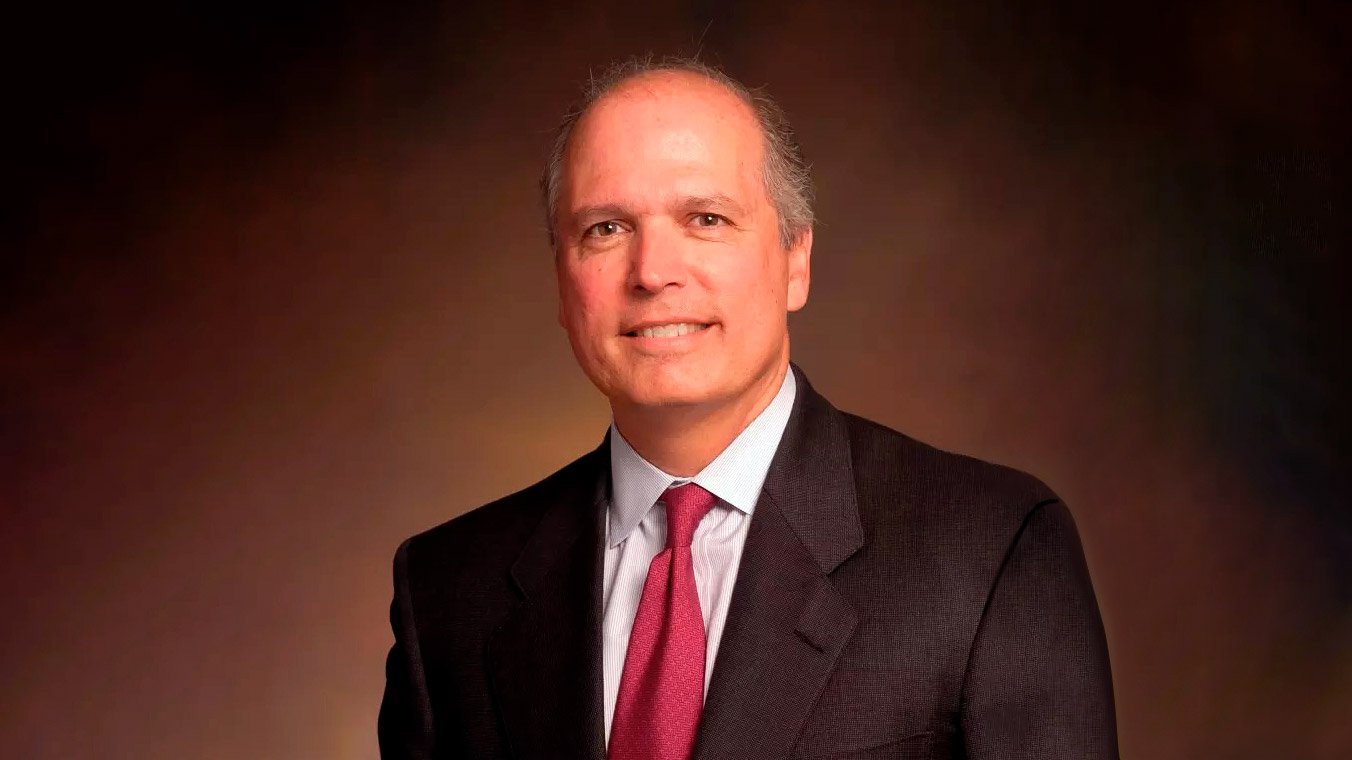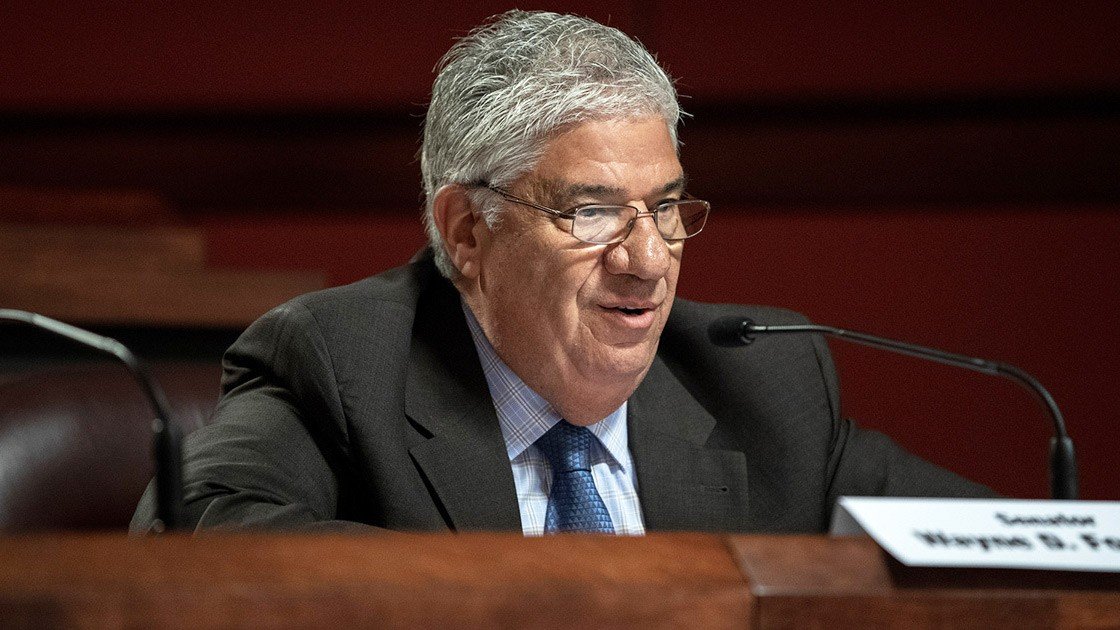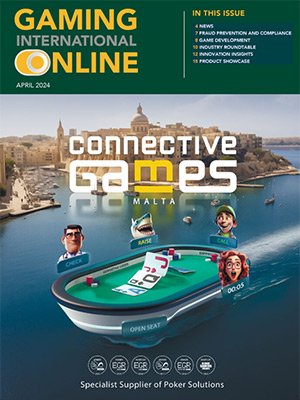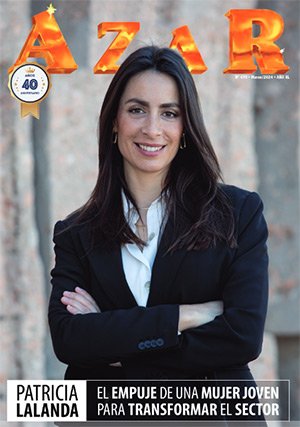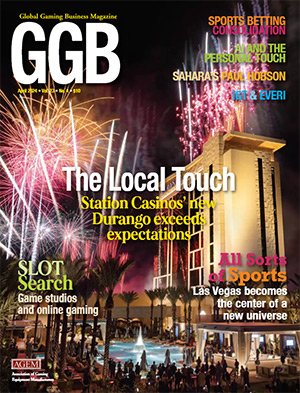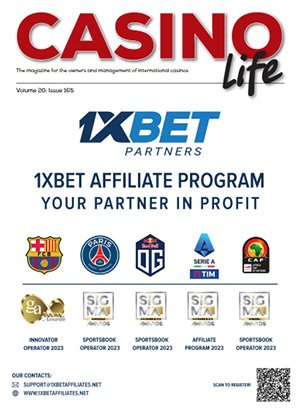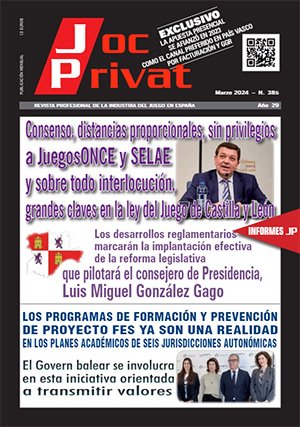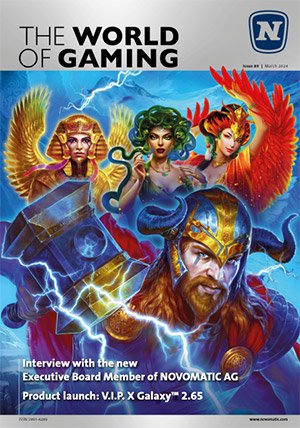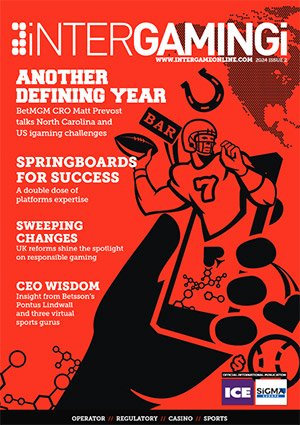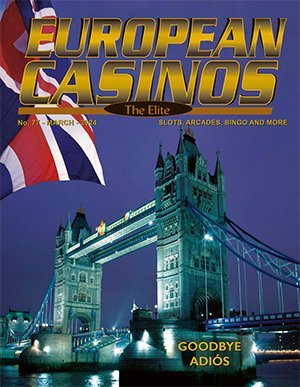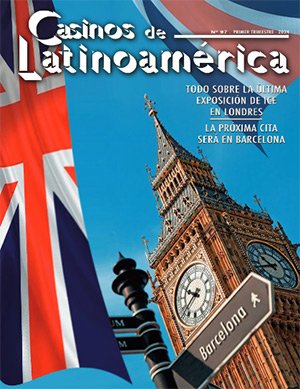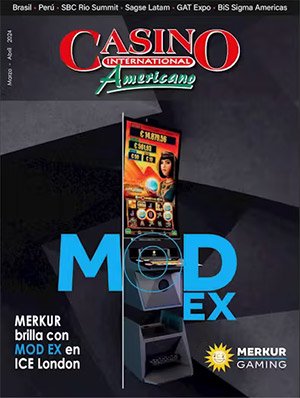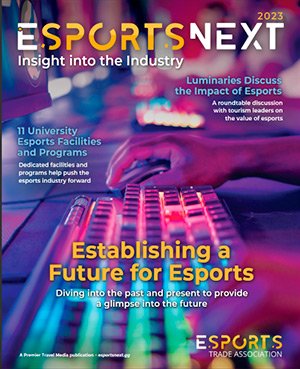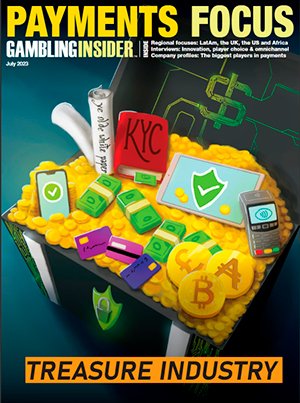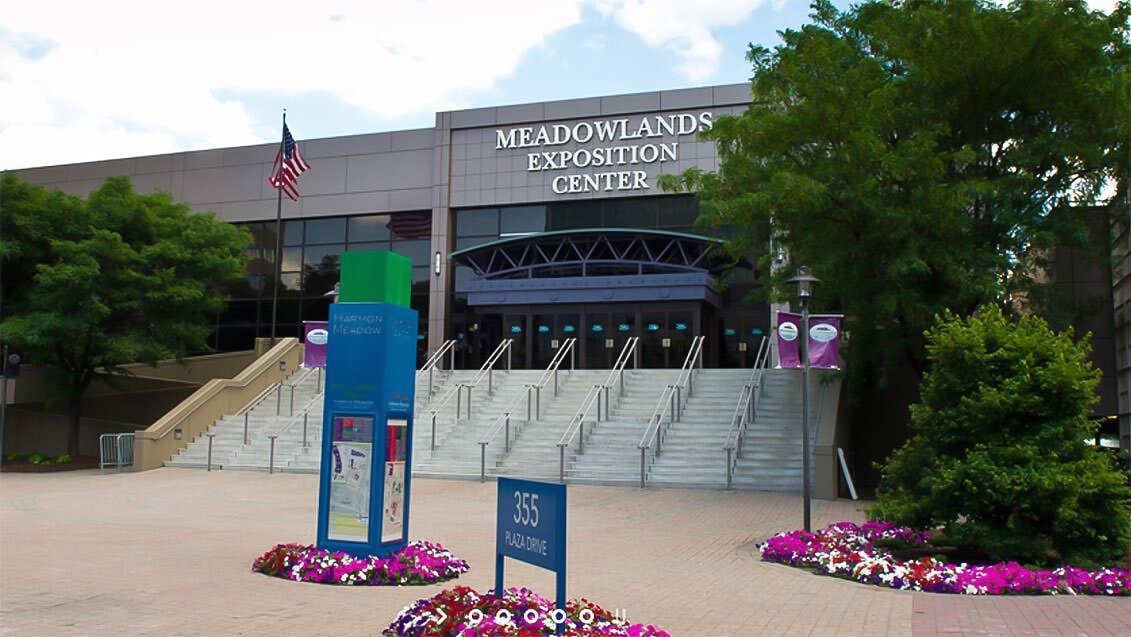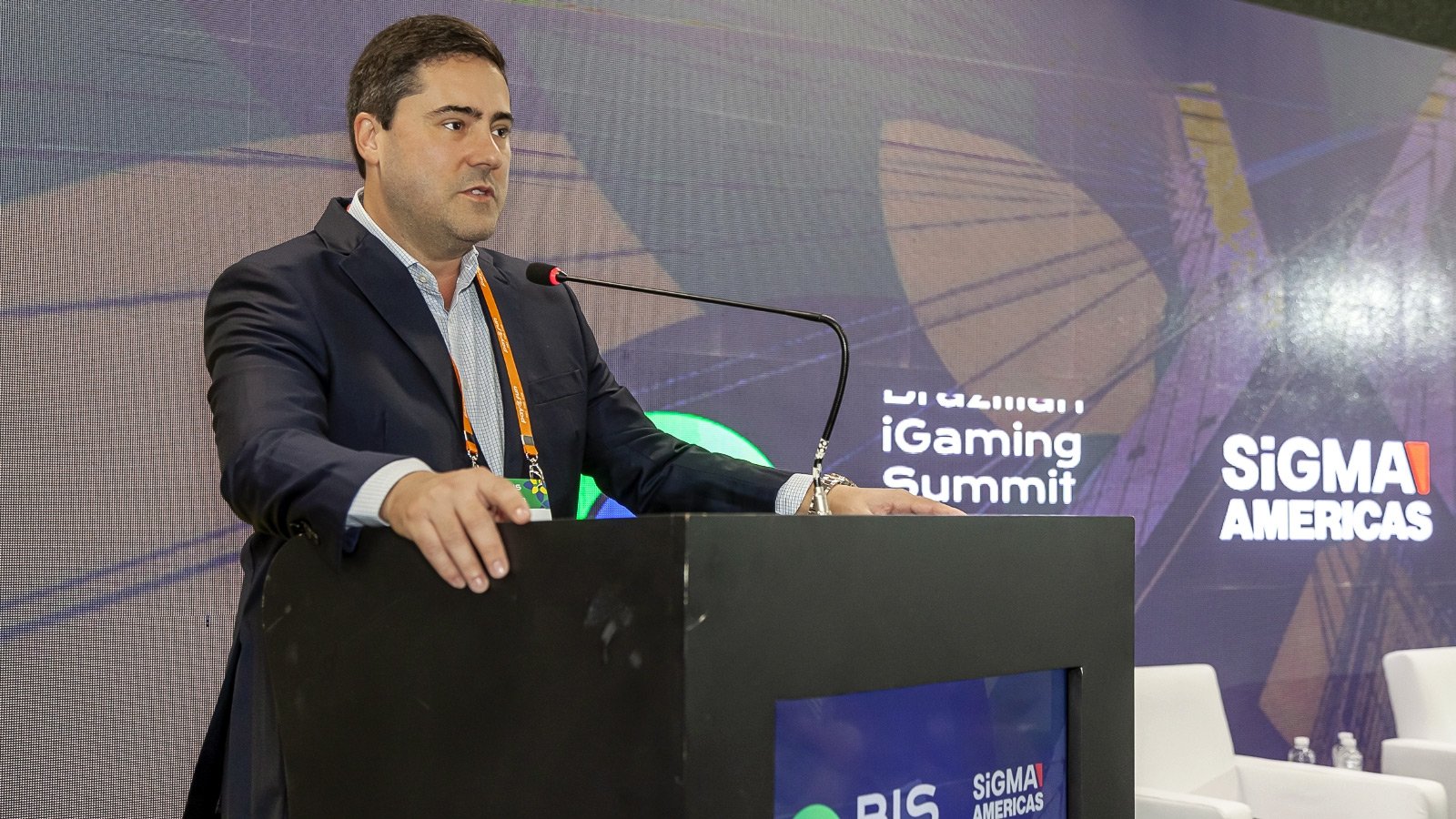"DoJ’s opinion is unenforceable because it doesn’t make sense in the context of PASPA’s repeal"
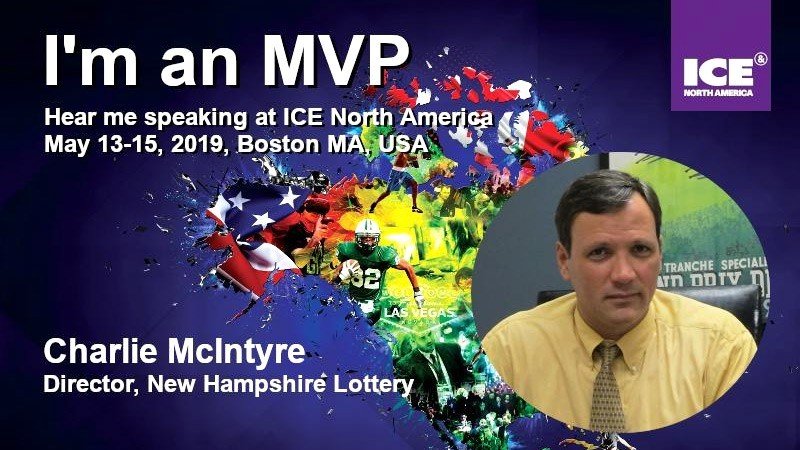
As a former litigator himself, New Hampshire Lottery executive director Charlie McIntyre is under no illusions about how long it might take to get the US Department of Justice’s interpretation of Wire Act clarified. "If we exhaust all the appeals and go through the whole process, I do think that will take years not weeks, but I’m hopeful we can still stay in business," he says pragmatically.
In a public opinion report released in January by the DoJ, the federal agency stated the Wire Act of 1961 says all forms of online gambling across state lines are illegal, reversing a 2011 opinion, which only prevented sports betting.
This new opinion was of particular concern to state lotteries, whose operations were supported by the 2011 interpretation.
Although the document does not constitute binding law, it is an indication of the federal executive’s opinion and casts doubt over the legitimacy of a number of gambling enterprises that the previous opinion provided certainty to.
"We do not lightly depart from our precedents, and we have given the views expressed in our prior opinion careful and respectful consideration," the memorandum said. "Based upon the plain language of the statute, however, we reach a different result. While the Wire Act is not a model of artful drafting, we conclude that the words of the statute are sufficiently clear and that all but one of its prohibitions sweep beyond sports gambling."
That was New Hampshire’s cue to take action. In mid-February, the state filed a lawsuit on behalf of the New Hampshire Lottery Commission, with the support of state Governor Chris Sununu and Attorney General Gordon MacDonald.
It claimed the stance is beyond the Department of Justice's powers to enforce and demanded judicial clarity on the rights of all parties involved. It also called for the 2018 opinion to be set aside.
McIntyre has not altered the way the lottery operates in the meantime and has no plans to do so. Although, in late March, the DoJ filed a motion to dismiss the lawsuit arguING that the 2018 opinion did not address whether or not lotteries are subject to the Act's prohibitions.
"I’m an ex-litigator myself, so I’m eyes wide open. I understand that there’s an appeals process but I’m reasonably confident it will be court driven normal and as long as we’re in a position where the government isn’t from stopping us from doing this, that there’s an order saying you can’t enforce what you believe then we continue business as usual," he says.
He is also pragmatic about how much can be achieved. "Ideally, we would like to have clarifying language that specifically lays out that everything is fine. I don’t know that that happens with Congress the way it is – we have to take where we are now as the place we want to be."
In other words, he currently has no greater ambition than safeguarding the status quo, as much as a redrafting of the law to bring it up to speed with the situation would be preferable.
"We’ve been able to operate, our legislature is very clear language, we’re not taking bets out of state and nobody else is either. That’s not specifically authorized by Congress, you can do horse betting through simulcast – but I don’t think now’s the time to do that, I think now’s the time to stop – really what we’re trying to do is repeal. So what we want to do is hold where we are now and then we’re in a good place," he says.
McIntyre and the state’s legal team believe one reason the DoJ’s opinion is unenforceable is because it doesn’t make sense in the context of PASPA’s repeal.
He believes sports betting is by its nature interstate. "If Golden State plays the Lakers, that game’s played in California and if a bets placed in Rhode Island or Boston or New Hampshire, that information about the game is coming across the country but the bet isn’t." Beyond which, McIntyre says the Wire Act was meant to prevent organized crime, not to frustrate attempts by state governments to raise funds for education.
"Once more states look like they are engaging in sports betting or internet gambling, the more often that occurs, the more likely we are to have momentum. It’s an inevitability – once you go from seven states to 37 its like ok guys, this is now a thing," he adds.
In McIntyre’s opinion, the US is still adjusting to a prohibition-like attitude to betting and gaming being lifted. "There’s really no point in pretending it’s not happening, we should regulate it, make sure the consumer protection aspect is in place and make some money out off of it. I think ultimately that’s why it’s not really being heavily opposed’," he says.
Similarly, he says bringing gambling “into the light” is the best way to diminish the revenues of offshore books. "You can pay the illegal game, or you can pay with us and you can watch the balls get drawn, they’re independently audited and it’s a square game and it’s not illegal. If you have a problem with the New Hampshire Lottery, you can come to my office and yell at me, everyone knows where our building is, versus an illegal bookmaker – what are you going to do? Call the police? Say they didn’t pay me, of course not."
The New Hampshire Lottery recorded operating revenue of $338m in 2018, an 11% uplift on the previous year. $86m of 2018’s income went to the state’s Education Trust Fund, which as McIntyre says, "in a population of one million people, is a lot of money, that’s a lot of school teachers. So it matters."
He says the arrival of the ICE brand in the US marks the growing legitimacy of the market. “It makes it clear that there’s a belief that this market place”, he says.
At ICE North America, Charlie McIntyre will be speaking about lobbying for clarity in the law on sports betting, alongside Gordon Medenica, director of Maryland Lottery and Gaming, Ludovico Calvi, president of Global Lottery Monitoring System and Courtney Pringle-Carver vice president of external affairs at Atlantic Lottery Corporation.



